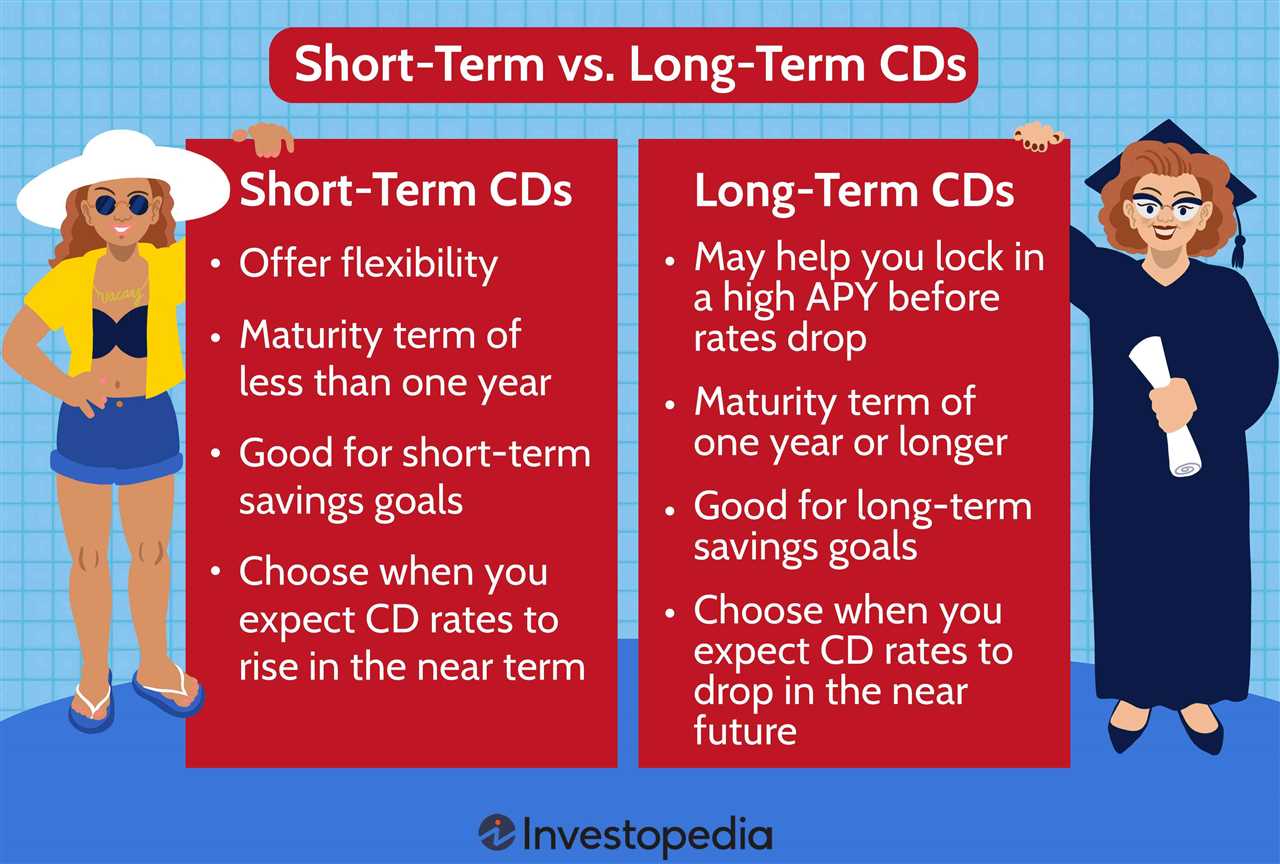Jumbo Certificate of Deposit CD Meaning

A Jumbo Certificate of Deposit (CD) is a type of financial instrument offered by banks and credit unions. It is similar to a regular CD, but with a higher minimum deposit requirement. The term “jumbo” refers to the large amount of money that needs to be deposited in order to open this type of CD.
How Does a Jumbo Certificate of Deposit Work?

When you open a jumbo CD, you agree to deposit a significant amount of money with the financial institution for a fixed period of time, typically ranging from a few months to several years. In return, the bank or credit union pays you a fixed interest rate on your deposit. This interest rate is usually higher than what you would earn on a regular CD due to the larger deposit amount.
During the term of the jumbo CD, you cannot withdraw your funds without incurring a penalty. This penalty is usually a percentage of the interest earned or a certain number of months’ worth of interest. However, once the CD reaches its maturity date, you can withdraw the principal amount along with any accrued interest.
Pros and Cons of Jumbo Certificate of Deposit
Like any financial product, jumbo CDs have their advantages and disadvantages. Here are some pros and cons to consider:
| Pros | Cons |
|---|---|
| Higher interest rates compared to regular CDs | Higher minimum deposit requirement |
| Guaranteed returns | Limited liquidity |
| FDIC insurance up to the maximum allowed by law | Potential penalty for early withdrawal |
Pros and Cons of Jumbo Certificate of Deposit (CD)
When considering investing in a Jumbo Certificate of Deposit (CD), it is important to weigh the pros and cons to make an informed decision. Here are some advantages and disadvantages to consider:
Pros:
- Higher interest rates: Jumbo CDs typically offer higher interest rates compared to regular CDs. This means that you can earn more money on your investment.
- Guaranteed returns: Unlike other investment options, Jumbo CDs provide guaranteed returns. You know exactly how much you will earn at the end of the term.
- Low risk: Jumbo CDs are considered low-risk investments because they are insured by the Federal Deposit Insurance Corporation (FDIC) up to $250,000. This provides peace of mind knowing that your money is protected.
- Diversification: Investing in Jumbo CDs can be a good way to diversify your investment portfolio. It is a stable option that can balance out riskier investments.
Cons:
- Higher minimum deposit: Jumbo CDs require a higher minimum deposit compared to regular CDs. This means that you need a significant amount of money to invest.
- Less liquidity: Jumbo CDs have longer terms, which means that your money will be tied up for a longer period of time. If you need access to your funds before the CD matures, you may face penalties.
- Opportunity cost: While Jumbo CDs offer guaranteed returns, the interest rates may not keep up with inflation. This means that your purchasing power may decrease over time.
- Limited flexibility: Once you invest in a Jumbo CD, you cannot make any changes to the terms or withdraw your funds without penalties. This lack of flexibility can be a disadvantage if your financial situation changes.
Before investing in a Jumbo Certificate of Deposit, it is important to carefully consider these pros and cons. Assess your financial goals, risk tolerance, and liquidity needs to determine if a Jumbo CD is the right investment option for you.

Emily Bibb simplifies finance through bestselling books and articles, bridging complex concepts for everyday understanding. Engaging audiences via social media, she shares insights for financial success. Active in seminars and philanthropy, Bibb aims to create a more financially informed society, driven by her passion for empowering others.
